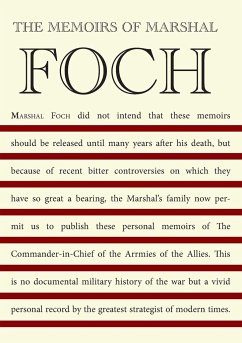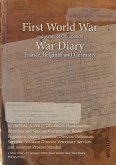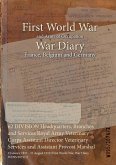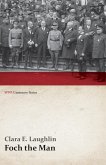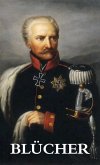Foch's pre-war contributions as a military theorist and lecturer have long been recognised, and he has been credited as "the most original and subtle mind in the French Army" of the early 20th century. At the outbreak of war in August 1914, Foch's XX Corps participated in the brief invasion of Germany before retreating in the face of a German counterattack and successfully blocking the Germans short of Nancy. Ordered west to defend Paris, Foch's prestige soared as a result of the victory at the Marne, for which he was widely credited as a chief protagonist while commanding the French Ninth Army. He was then promoted again to Assistant Commander-in-Chief for the Northern Zone, a role which evolved into command of Army Group North, and in which role he was required to cooperate with the British forces at Ypres and the Somme. At the end of 1916, partly owing to the disappointing results of the latter offensive and partly owing to wartime political rivalries, Foch was transferred to Italy. Foch was ultimately appointed Commander-in-Chief of the Allied Armies on 26 March 1918 following being the Commander-in-Chief of the Western Front with title Généralissime in 1918. He played a decisive role in halting a renewed German advance on Paris in the Second Battle of the Marne, after which he was promoted to Marshal of France. Foch considered the Treaty of Versailles too lenient on Germany and as the Treaty was being signed on 28 June 1919, he declared: "This is not a peace. It is an armistice for twenty years". His words proved prophetic: the Second World War started 20 years and 64 days later.
Bitte wählen Sie Ihr Anliegen aus.
Rechnungen
Retourenschein anfordern
Bestellstatus
Storno

